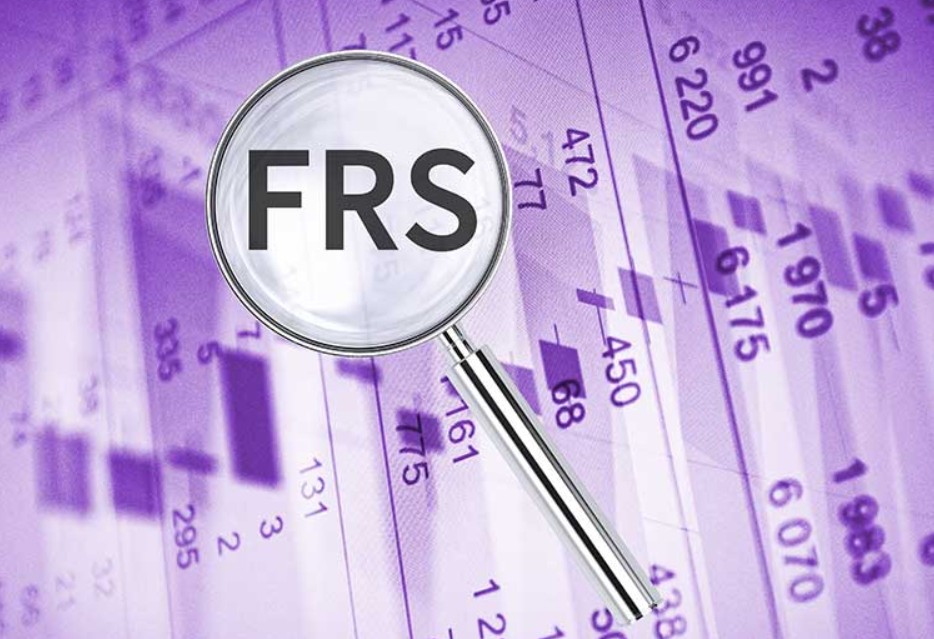How UK Businesses are Implementing FRS 102?
Since its introduction by the Financial Reporting Council (FRC), FRS 102: The Financial Reporting Standard applicable in the UK and the Republic of Ireland has become the cornerstone of accounting for most UK private entities. Replacing older UK GAAP, FRS 102 was designed to simplify and standardise financial reporting while aligning with international principles.
But implementation hasn’t been without its challenges. For many businesses—especially SMEs—adopting and adapting to FRS 102 has required a rethink of internal systems, software, and accounting policies. Here’s how businesses across the UK are tackling the change.
Understanding the Scope of FRS 102
FRS 102 applies to most medium and large private companies that are not required (or choose not) to adopt full IFRS. It covers everything from recognition and measurement of financial instruments to revenue recognition, lease accounting, investment property, and employee benefits.
While the aim of the standard is to streamline financial reporting and reduce complexity, for businesses used to more traditional UK GAAP, the shift has required staff retraining, policy reassessment, and software upgrades.
Importantly, the transition also introduced several notable changes, such as more emphasis on fair value measurements and a simplified approach to deferred tax, which have implications for how businesses present their financial performance.
FRS 102 and Lease Accounting: A Software-Driven Approach
One area where UK businesses have felt the shift most significantly is lease accounting. Under FRS 102, businesses must now disclose more detailed information about lease commitments, with clear classifications between finance leases and operating leases, and appropriate recognition of lease liabilities and assets.
To streamline compliance, many companies are turning to FRS 102 lease software solutions. These platforms help automate lease classification, calculate present values, manage lease modifications, and generate the necessary disclosures for financial statements.
By leveraging such tools, finance teams reduce manual errors, maintain audit-ready records, and ensure consistency across multiple leases, particularly beneficial for companies with large property or equipment portfolios.
Popular platforms also offer features tailored to FRS 102’s unique requirements, making it easier to track lease data, flag remeasurement events, and roll forward year-end reports without the administrative burden.
Challenges in Adoption for SMEs

While FRS 102 simplifies financial reporting compared to IFRS, it can still feel overwhelming for small and medium-sized businesses, particularly those without dedicated in-house accounting teams.
Many SMEs struggle with:
- Understanding fair value adjustments
- Managing financial instruments under new valuation rules
- Adapting legacy accounting software
- Aligning old processes with new disclosure requirements
For these firms, partnering with experienced accountants or consulting firms familiar with FRS 102 has become a critical strategy. Outsourcing complex areas such as lease classification, deferred tax calculations, or investment property valuation helps reduce risk and ensure compliance.
Authoritative Guidance and Industry Resources
Fortunately, there’s no shortage of help. The Financial Reporting Council (FRC) offers comprehensive resources, updates, and implementation guidance for businesses applying FRS 102. Their website is regularly updated with amendments, illustrative examples, and exposure drafts for future changes.
You can access FRS 102 in full, along with supporting documents and practical implementation guidance, on the FRC’s official website:
👉 https://www.frc.org.uk/accountants/accounting-and-reporting-policy/uk-accounting-standards/frs-102-the-financial-reporting-standard-applicable-in-the-uk-and-republic-of-ireland
Staying aligned with FRC updates ensures businesses aren’t caught off guard by changes or upcoming deadlines.
Benefits of FRS 102 in the Long Run
Despite the initial hurdles, many UK businesses are beginning to appreciate the benefits of FRS 102. It enables:
- Greater comparability across companies and sectors
- Streamlined consolidation for groups using IFRS at parent level
- More informed decision-making through clearer disclosures
- Improved investor confidence, particularly when raising funds or preparing for sale
The shift toward fair value and more transparent accounting has helped stakeholders gain better insights into business performance and risk in industries such as real estate, financial services, and manufacturing.
Final Thoughts: Planning Ahead Is Key
Implementing FRS 102 isn’t a one-off task—it’s an ongoing process that touches every part of a company’s financial reporting cycle. From lease disclosures to fair value adjustments, UK businesses must invest in the right tools, training, and professional advice to stay compliant and accurate.
For companies still navigating the transition or preparing for audits, now is the time to review software systems, assess internal controls, and seek guidance on areas where the standard has a material impact.
In the evolving world of UK financial reporting, proactive adaptation to FRS 102 is not just about compliance—it’s about building financial resilience and credibility for the future.







